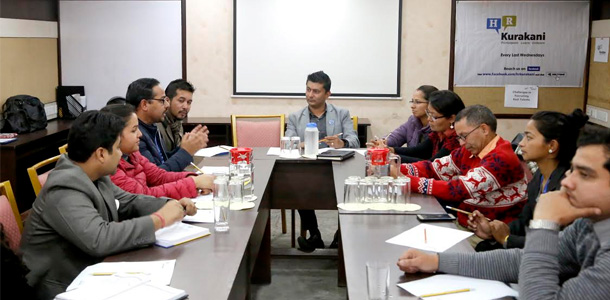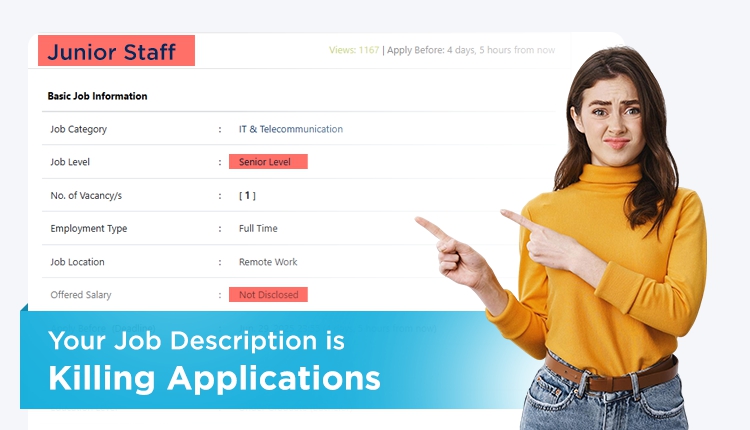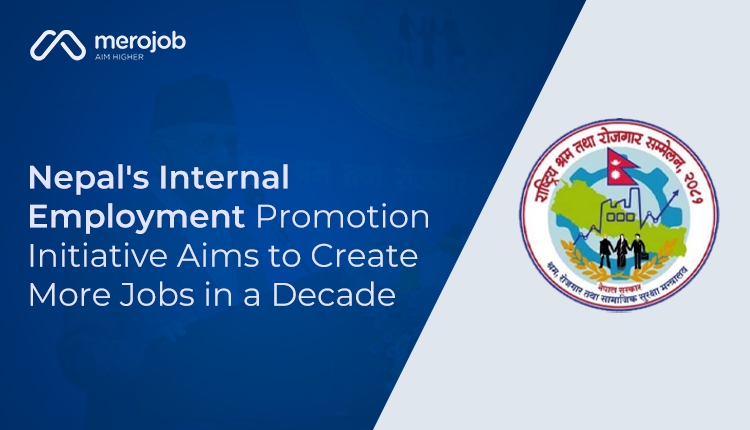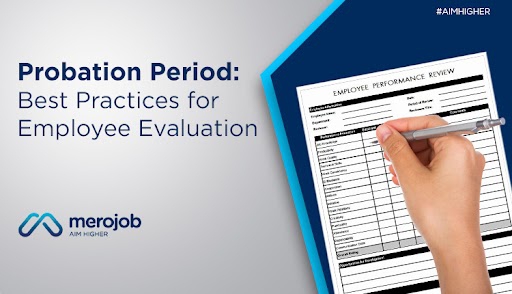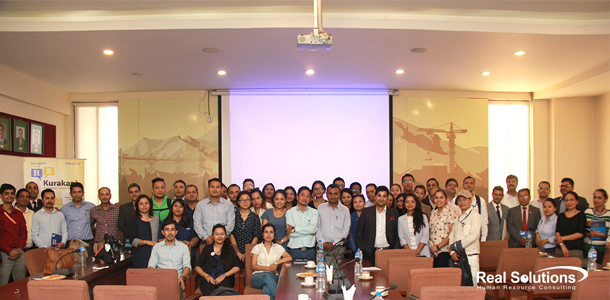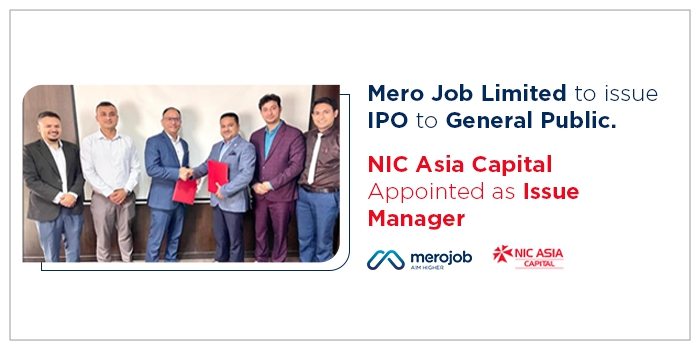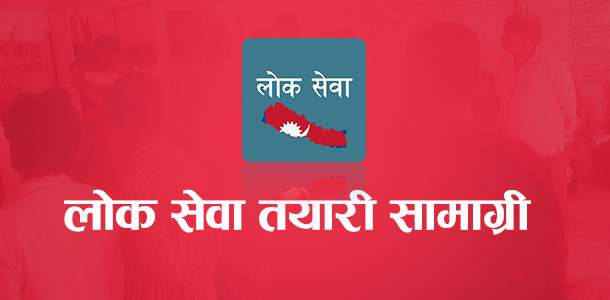Finding and recruiting the best talents remains one of the major challenges in the HR market today. But, the question lies is, how can we define a best candidate? In general, an ideal or the best candidate can be the one who meets all or most of the most criteria & expectations of the organization as well as him or herself.
According to Mr. Abhishek Dhakal, former HR Head at DAV School, “The challenge lies in finding out what the company is looking for in a candidate and what it actually wants.” For instance, while recruiting candidates for a certain job position, the hiring manager looks for a person who can efficiently perform the tasks as required by his job position. But, in reality, we need to look what kind of people we want in our organization, who can adjust well in the organization’s culture while perform the tasks efficiently. Thus, while making hiring strategies, it is very important to analyze what type of person a company is looking for in the given job position.
Similarly, hiring managers also need to focus on designing and developing criteria that will motivate the employee to stay in the job. And, while hiring, it is very important to have a backup plan for cases when the candidate backs off after accepting the job offer.
“Open labor market in foreign countries is another challenge the HR industry is facing, especially in case of hotel industry,” says Mr. Manoj Giri, HR consultant to different organizations. “With better salaries abroad, skilled human resources find it more tempting to migrate abroad for employment opportunities. This makes it very difficult to retain best talents despite providing the best salary packages,” he added.
Similarly, IT industry is another sector where it is very difficult to hire and retain talents. With limited amount of highly skilled human resource available, IT professionals find it easier to earn more working as a freelancer than in any organization.
Lack of seriousness among the jobseekers is another major challenge being faced by hiring managers today. There are instances when candidates accept the job offer after going through various hiring process and fail to show up for the job, that too without any notice or justifications. Also, leaving a job without prior information is another problem being faced by HR managers today.
So, how do you deal with these issues? The first and most important on the part of the HR department is to develop a strategy on dealing with issues and conduct a thorough commitment level test on the candidates before final selection of the candidates. Mr. Mandil Basnet from ACP highlighted on how they conduct a series of commitment level test to identify how long the candidate is willing to stay in the organization. “Despite candidates going through these test and passing them, the same level of commitment is not seen when they join the organization,” he said.
“Thorough reference checks & proper orientation of the new employees is very important before & after they join the organization”, says Ms. Nibha Shakya, HR manager at merojob. Also, analyzing how well the individual will fit in the organization is equally important, she added.
In cases when people leave the organization without prior notice it is very important to know the real reason behind their exit rather than assuming things. Giving the employee some time and talking to him/her informally can help in digging out the actual reasons. Developing a level of trust among the employees by the HR department can be an effective method to find out the reasons for exit rater than formal exit interviews or forms. Having identified the reasons, the HR department can move on to formulating the retention strategies accordingly.
Handling people coming through references was one of the most important aspect in the discussion. Every hiring manager at one point of time faces the situation in which they are forced or influenced to hire candidates referred by top management or the owner itself. In such cases, the HR manager needs to take a stand recommend the management to make the referrals go through the entire recruitment process.
For any employee to stay in the company or follow the formal procedures for resignation/job switch, he/she should made aware of their responsibilities towards the organization and also the impact of their actions. Developing a sense of realization can play a major role in minimizing such actions.
HR practioners from 14 different organizations participated in the discussion program. Sharing of current challenges and coming up with the strategies to deal with the given situations is the major objective of HR kurakani.
